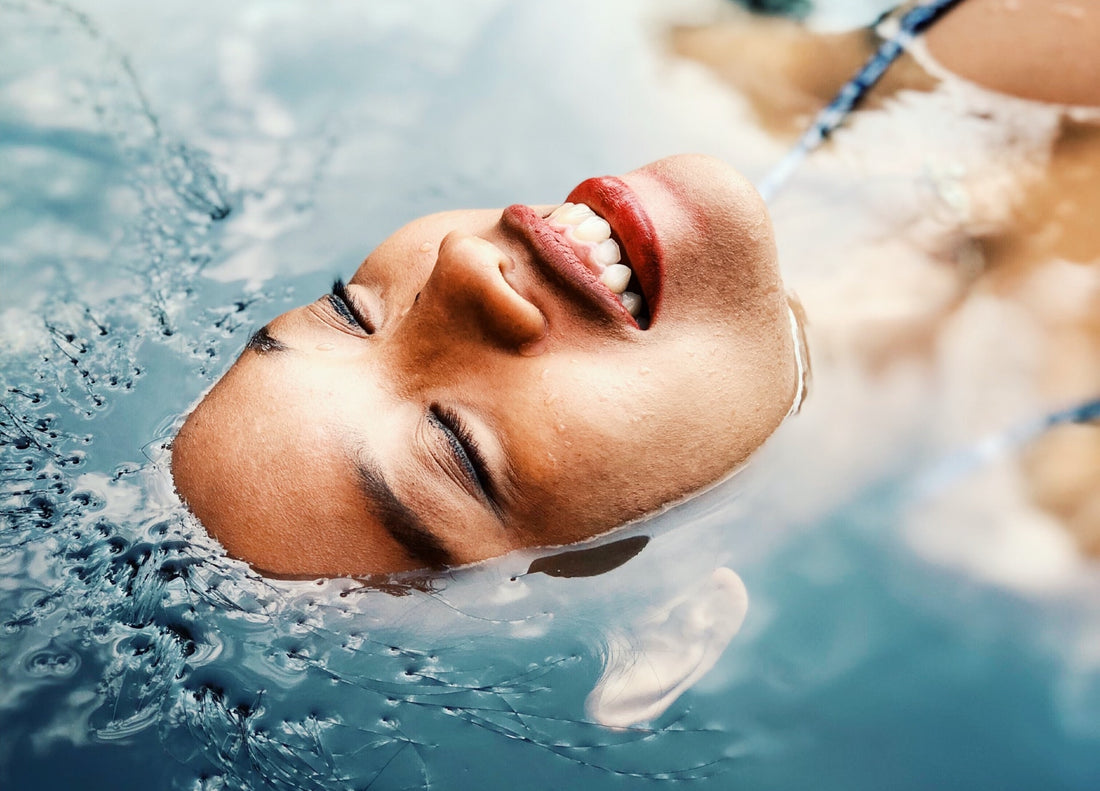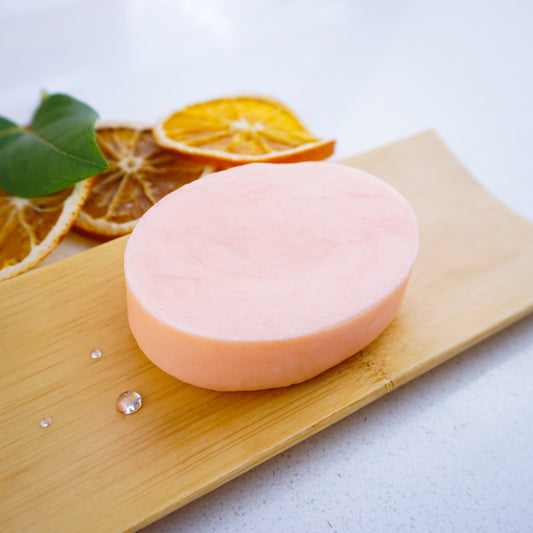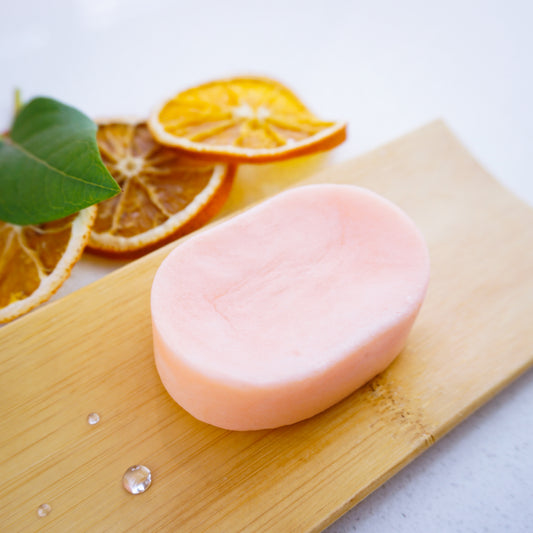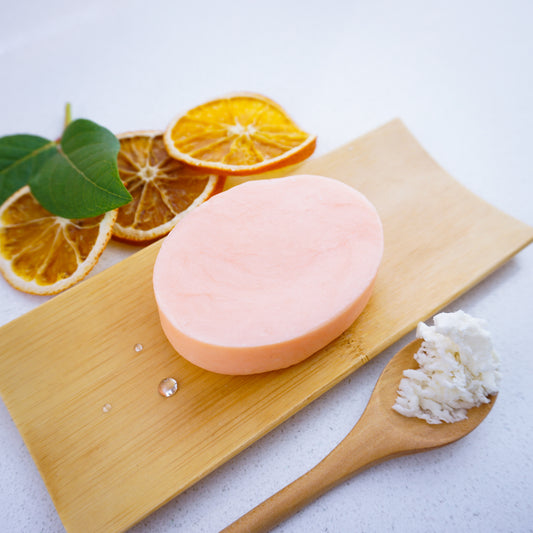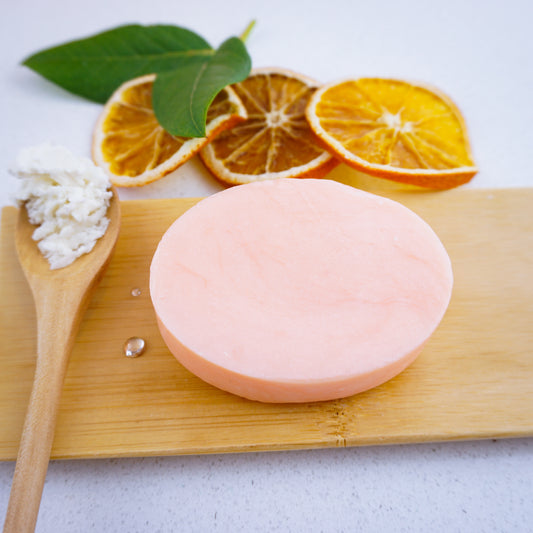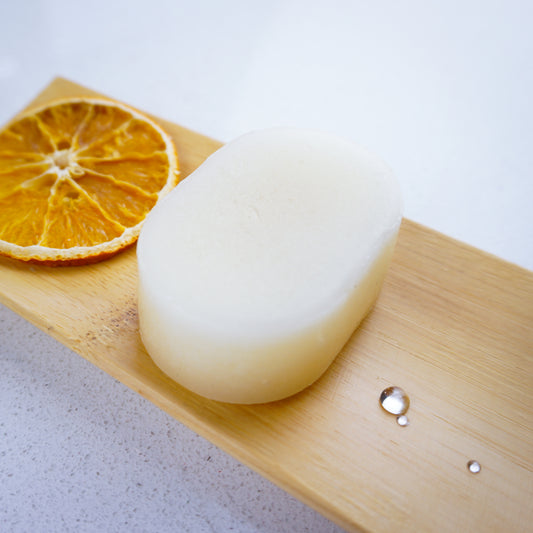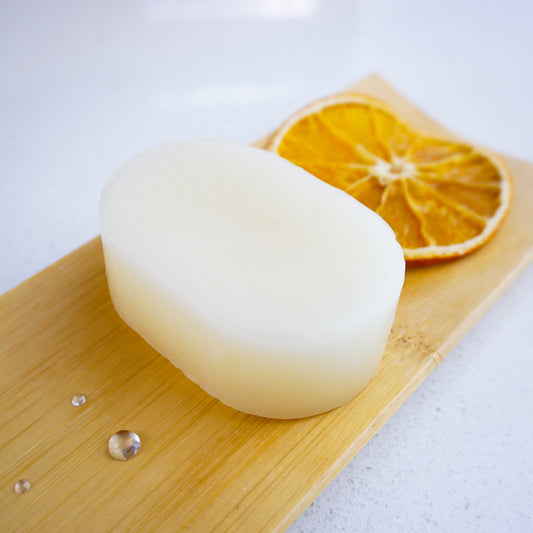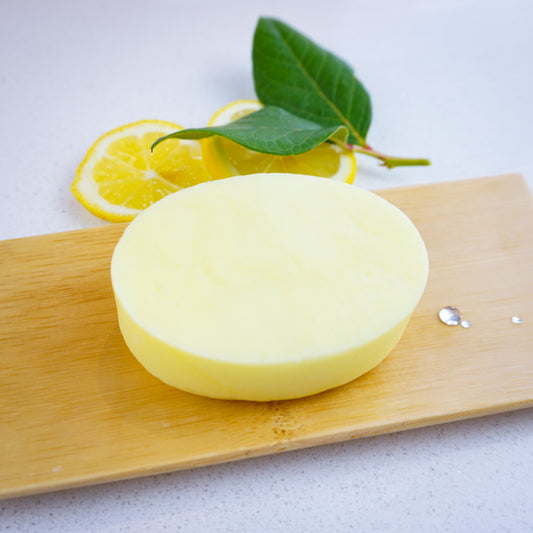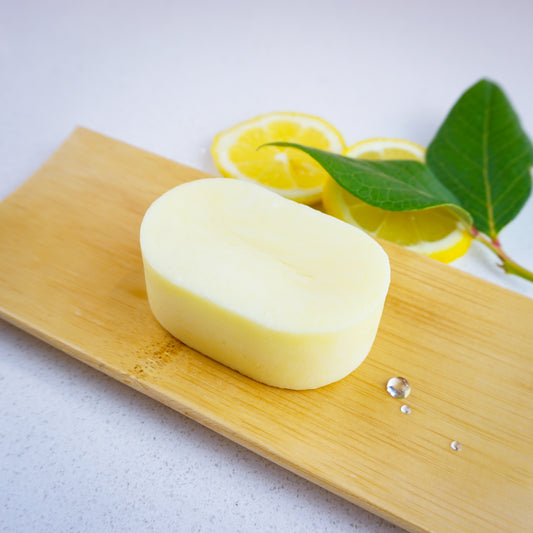Why do I have oily hair?
Some of us will go through stages of having oily hair, more so than usual. And others generally have oilier hair throughout their life. The good news is that we understand how oils are formed from the scalp to the hair and how to control it.
Several factors can contribute to oily or greasy hair. One of the key causes is overactive sebaceous glands. An overreactive sebaceous gland produces an excess amount of oil. This oil, called sebum, is necessary for moisturising and protecting the scalp and hair, but too much of it can make the hair look greasy and heavy.
Some of us are more prone to oily hair due to our genetics, as we produce more sebum.
Hormonal fluctuations during puberty, pregnancy, and menopause, can also affect the production of oil on the scalp.
Heavy hair products, such as oil-based hair products or leave-in conditioners, can make the hair look greasy. Not washing the hair frequently enough can also contribute to oily hair, as the excess oil and dirt can build up on the scalp and hair.
What can I do about oily hair?
If you have oily hair, there are several ways to help reduce excess oil and keep your hair looking and feeling healthy.
Washing your hair regularly can help to remove excess oil, dirt, and styling product build-up from the scalp and hair. However, be sure not to over-wash your hair. Your hair may produce more oil to compensate for the overwashing of its natural oil.
Finding the right shampoo is vitally essential for removing excess oils from your hair. You will need to look for shampoos that are gentle on your hair and scalp.
Shampoos are designed to remove excess oil, dirt, and styling product build-up from the hair and scalp. Some shampoo does this job better than others, but we will come on to that further down.
Avoid heavy hair products, such as oil-based hair products or leave-in conditioners, which can make the hair look greasy. Instead, look for lightweight, oil-free products that won't weigh your hair down.
Over-styling your hair, such as using hot tools or applying many styling products, can contribute to oily hair. Try to minimise your use of hot tools and use minimal styling products to help keep your hair looking fresh and clean.
Best shampoo for oily hair
Shampoo is essential to every hair care routine, but if you have oily or greasy hair, finding the right shampoo is a great way to reduce oily hair.
Oily hair is caused by overactive sebaceous glands that produce too much oil. This excess oil can make your hair look greasy, heavy, and lifeless. Fortunately, there are shampoos specifically formulated to address the needs of oily hair. These shampoos are designed to remove excess oil, dirt, and styling product build-up from the scalp and hair without adding more oil to your hair.

pH balanced
Look for shampoos with a balanced pH. A balanced pH is vital for maintaining the health of your scalp and hair. Shampoos with a high pH can strip the hair of its natural oils, causing the scalp to create more oil to replenish, while shampoos with a low pH can leave the hair feeling greasy and heavy. A pH-friendly shampoo should range from 4.5 to 5.5, as this is the natural pH level of our scalp and hair.
Look for natural ingredients to help maintain and encourage healthy hair and scalp. Consider using essential oils in your shampoo.
Essential oils for healthier hair
Certain essential oils, such as tea tree oil and peppermint oil, have been shown to regulate the scalp's oil production. Tea tree essential oil is known for its antimicrobial properties, which can help to keep your scalp clean and healthy. Peppermint oil, on the other hand, has a cooling and refreshing effect, which can help to stimulate blood flow and promote healthy hair growth.

To use essential oils in your shampoo, you can purchase a shampoo that already contains these oils or make your own by adding a few drops of essential oil to your regular shampoo. Be sure to use a high-quality, pure essential oil and not a fragrance oil, which can contain synthetic ingredients that can harm your hair.
To read more about essential oils, you can find this article we wrote here.
Avoid shampoos that include heavy oils
It's important to avoid using oils that are thick, heavy and oily, such as coconut oil and castor oil, as they are more likely to make hair greasier.
How often to wash oily hair?
You may wash your hair more frequently if you have oily hair than someone with dry or normal hair. Some people with oily hair need to wash their hair daily, while others can go a few days without washing. Each person will differ from the other, but finding the right shampoo for you is a great start.
It's important to note that over-washing your hair can strip it of its natural oils, which can lead to even more oil production. Therefore, it's a good idea to use a gentle, pH-balanced shampoo and to avoid using hot water, which can also strip the hair of its natural oils.
Our recommendation on shampoo for oily hair
Try our Rebalanced Tea Tree shampoo bar. Perfect for those who are prone to oily hair and/or itchy scalp or suffer from dandruff. Tea tree essential oil stabilises the scalp's pH levels and prevents excess oil production. It is also known to promote healthy hair and prevent hair loss. Rebalanced Tea Tree shampoo bar is naturally coloured using activated charcoal, removing more unwanted oil and grease from your hair.

All Washla bars are pH balanced to ensure each wash is delicate to your hair and scalp. Added Vitamin Pro-B5 and Wheat Protein to promote healthier hair, making stands shiner and easier to style.

